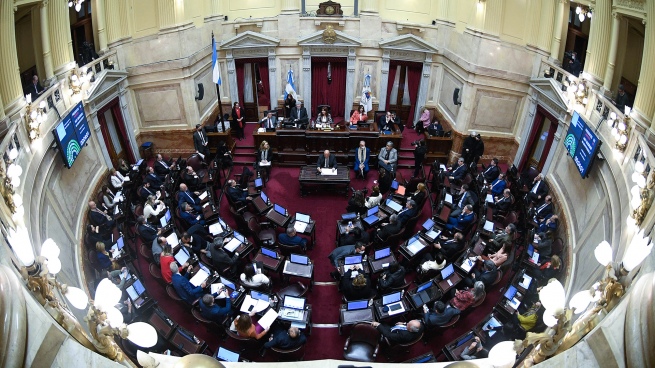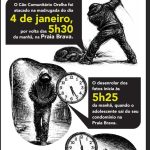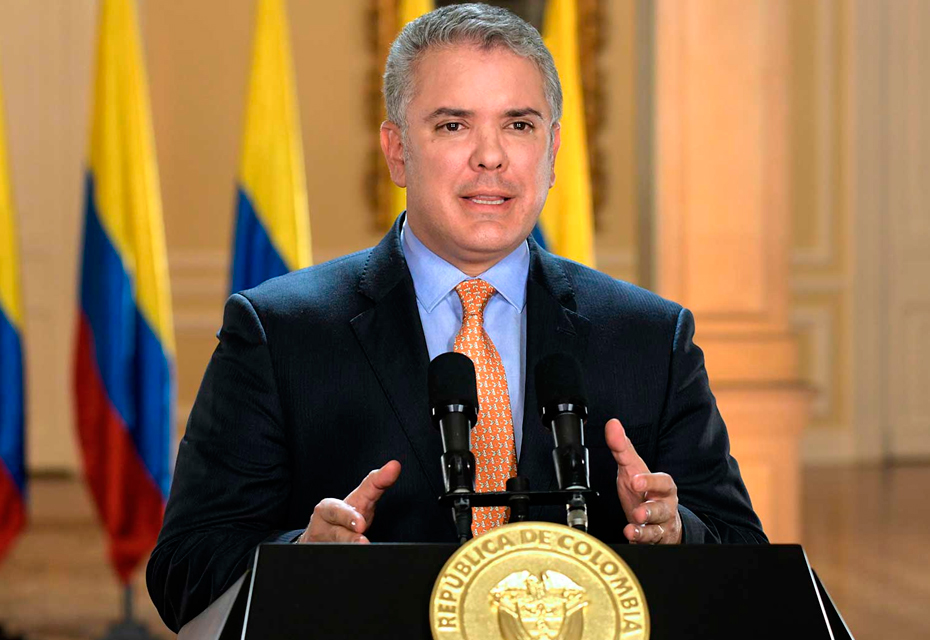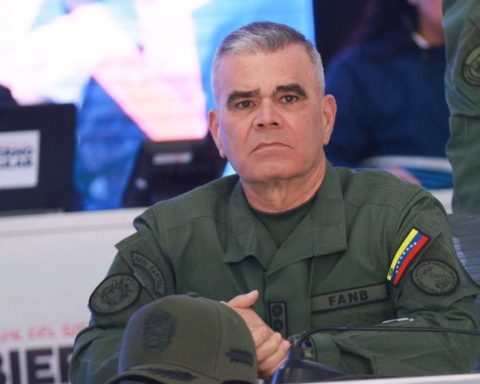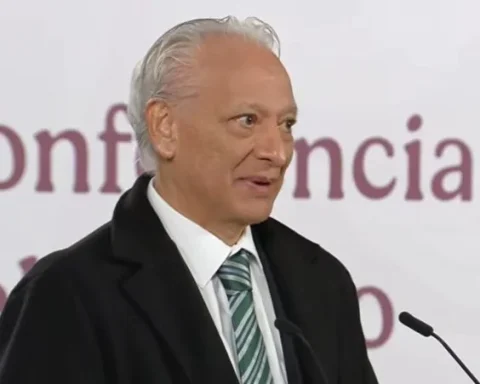The bill presented by the Front of All at the request of 16 governors of the ruling party to increase the number of members of the Supreme Court of Justice of the Nation from five to 25 will be debated next Thursday in the Chamber of Senators, according to official sources.
The decision was anticipated by the head of the block of senators of the Frente de Todos (FdT), José Mayans, during this Thursday’s session in which the parliament signed several initiatives into law, among which the tax relief for monotributistaslaws on oncopediatrics Y HIVas well as the creation of some national parks.
? #TheSenateApproved pic.twitter.com/lPKDu0VQx7
– Argentine Senate (@SenadoArgentina) July 1, 2022
When the session ended, Mayans asked for the floor to point out that they were having difficulties to hold a session on Thursday the 14th, as initially planned, due to the issue of tickets, prior to the winter holidays, and for this reason he spoke of the possibility to meet on Thursday 7.
Minutes before, sources from the Formosan senator’s office confirmed to Télam that the idea was to advance the treatment of the project to modify the number of members of the Court in a week.
The opinion was signed last Wednesday, after a hearing in which seven governors of the ruling party participated who came to give their support to the measure that, along with nine other colleagues, they presented to President Alberto Fernández at the beginning of May and that the heads of the ruling interbloc, Mayans and Anabel Fernández Sagasti, drafted as a bill.
That day, Salta official Sergio Leavy revealed that the project was only going to be debated in August. But a few hours later it was Mayans himself who, in statements to the accredited press, indicated that the matter would reach the venue on Thursday, July 14.
“It is an issue that has been discussed for four weeks. Why are we going to keep going around?”he had said then.

This week, at the end of the intense session in which a project to resolve pension debts was also approved, Mayans justified the advancement of the treatment for “the issue of vacations that, as we know, is a problem due to the issue of air tickets”.
The opposition, aware of the ruling party’s decision, will seek to prevent the Frente de Todos from obtaining a quorum.
In fact, During the joint meeting of the Constitutional Affairs and Justice and Criminal Affairs Commissions, with the exception of José Torello from Buenos Aires (who was only there for a few minutes), no opponent was present in the Arturo Illia Hall of the Legislative Palace.
The allies to pass the law
The ruling party hopes to have enough votes, not only for a quorum, but also to approve the issue with an absolute majority.
His allies are usually added to his 35 senators: Alberto Weretilneck from Rio Negro and the missionary Magdalena Solari Quintana. Lately, in addition, Clara Vega from La Rioja, who originally entered the Senate in 2019 on the Together for Change list, votes with the ruling party.
Weretilneck and Vega have their own projects. That of the representative of Together We Are Río Negro proposes expanding the members of the Court to 16, while that of the Hay Futuro Argentina from La Rioja maintained the current number of members, but established gender parity.
The ruling party only needs to convince one of the two legislators to obtain a quorum and an absolute majority.

In the case of Vega, who two weeks ago had publicly affirmed that it seemed “excessive” that there are 25 judges on the Court, the reform of the ruling party’s project is underway to write an article to the liking of what was proposed by the legislator.
In that sense, The mechanism will be sought by which each province sends a quartet of candidates to the Executive Power (two men and two women) so that the President of the Nation, making use of his constitutional powers, sends the candidates to the Senate.
A future “special law” will define the functioning of the Supreme Court
The project, which consists of only four articles, establishes that there will be 25 members of the Supreme Court.
The proposal also provides that the Senate must agree to another 21 members proposed by the Executive Poweras established by the National Constitution, respecting the designation of the current four members: Horacio Rosatti, Juan Carlos Maqueda, Ricardo Lorenzetti and Carlos Rosenkrantz.
The first article of the text, however, announces that a future “special law” will define “the mode of organization and operation” of the Supreme Court.
The idea is that this “special law”, whose project has not yet been presented, establish certain guidelines such as the division into rooms, integration by regions and other objectives.
